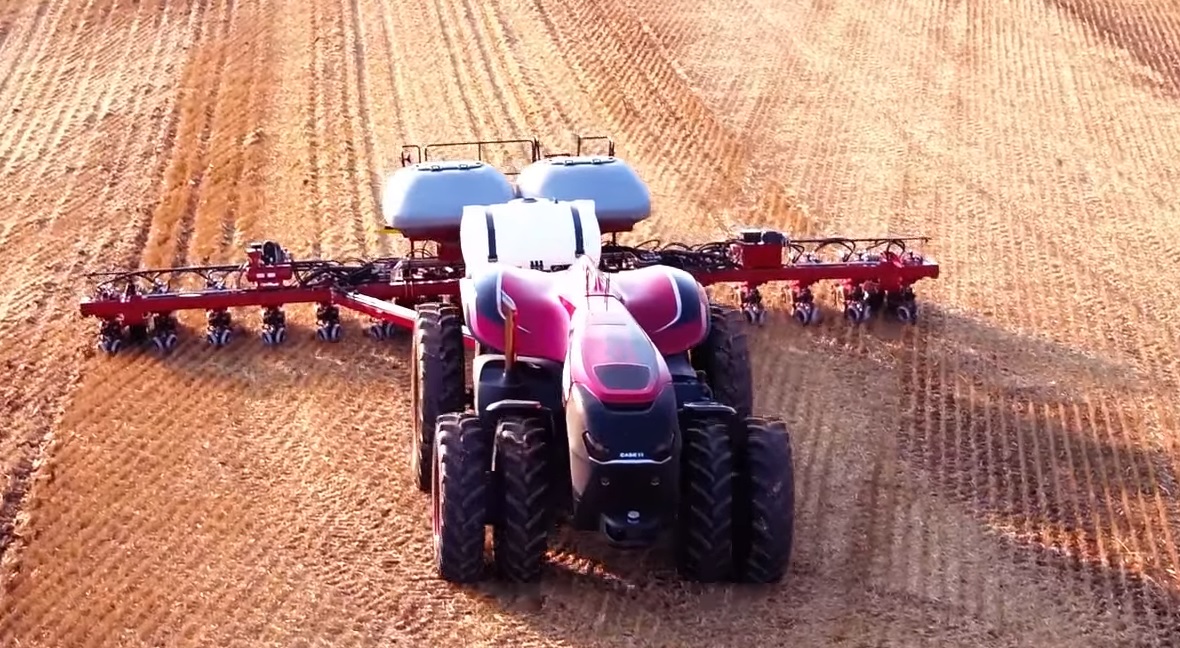
The government has today announced £25m funding for a Connected Autonomous Vehicles research and development competition.
Investments in the new project announced by Business Secretary Greg Clark have been earmarked for cutting-edge projects that will grow the commercial potential of off-road driverless technology.
For the agricultural industry, the possibilities are seemingly endless.
Connected and autonomous vehicles incorporate a range of different technologies, facilitating the safe and efficient movement of people and goods.
Increased connectivity allows vehicles to communicate with their surrounding environment. This could provide valuable information to the driver about road, traffic and weather conditions.
Vehicles with increasing levels of automation will use information from on-board sensors and systems to understand their global position and local environment.
This enables them to operate with little or no human input (be driverless) for some, or all, of the journey.
Unmanned technology
An example of such technology can be seen at the agricultural college Harper Adams University.
It has successfully drilled an agricultural test site with a self-driving tractor.
And in the coming weeks, the project hopes to become the first in the world to plant, tend and harvest a crop by only using autonomous vehicles.
Agricultural machinery giant Case IH unveiled an autonomous concept tractor last year.
It could presumably work unmanned around the clock and uses GPS and sensor technology. The grower could remotely monitor and control the machine using a device such as a tablet.
Smart farming
A report released last month highlighted how smart farming and technological advances can be embraced in order to support the growing human population.
Precision agriculture or smart farming makes use of GPS services, machine to machine (M2M) and Internet of Things (IoT) technologies, sensors and big data to optimise crop yields and reduce waste.
Technological research company IDTechEx says that many agricultural robotic companies are graduating into the market and are in the process of transforming the value chain of agriculture.
It says that interest in the past three years has risen. Contrary to common perceptions, agricultural is in some areas at the forefront of technology adoption.
Taking autonomous driving as an example, GPS-enabled autonomous tractors have been in use for years in farming.
Indeed, the report predicts that the number of GPS-enabled assets in farming will rise to nearly 1 million by 2024.
